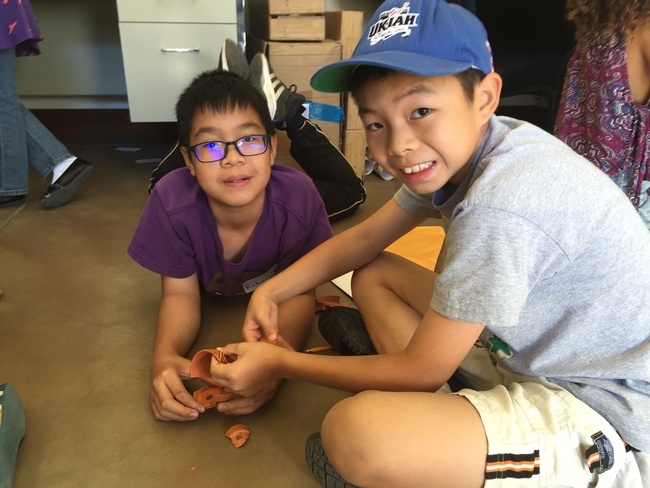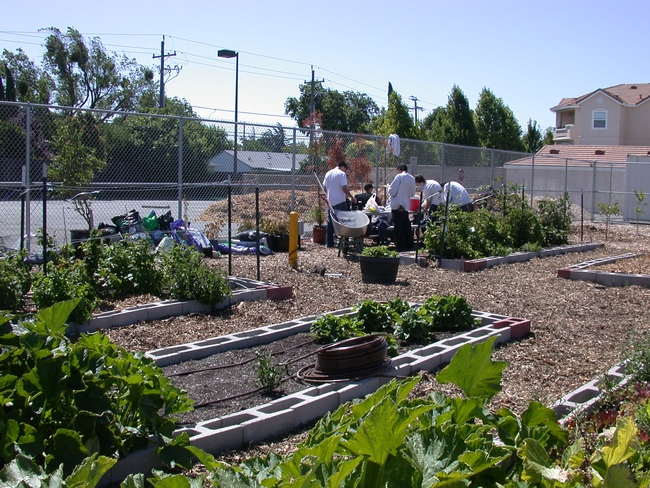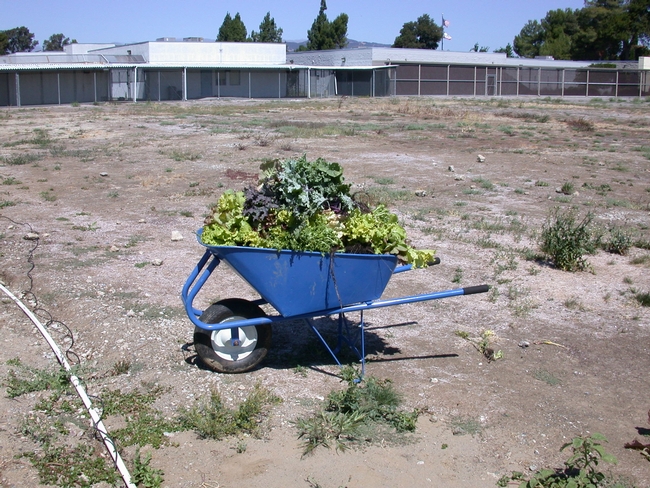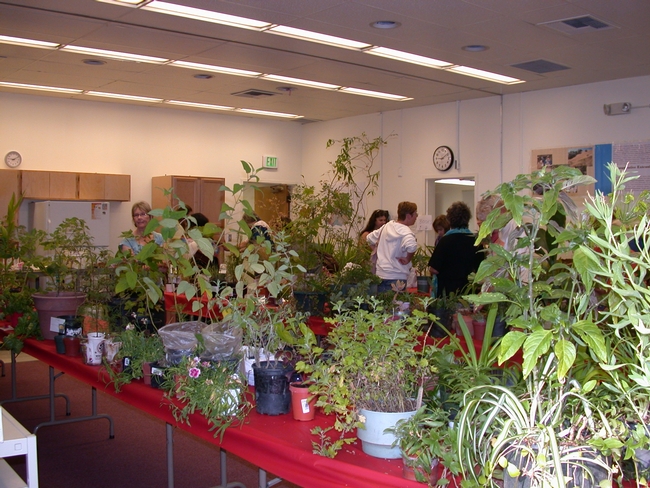Posts Tagged: people
UC ANR research center is site of archaeological learning
What kind of behavior is appropriate around such important discoveries? Can we touch these markings without degrading them further? Can we show them to the public? How do our tribal partners feel about such finds? How do they affect land management decisions?
The questions led to a partnership with the local Tribal Historic Preservation Officer (THPO) Shawn Padi of the Hopland Band of Pomo Indians and a public event at Hopland, “Archaeology for All." The Oct. 10 event featured UC Berkeley archaeologist Donna Gillette and THPO's Padi and Hillary Renick.
As one of the nine UC Agriculture and Natural Resources Research and Extension Centers (RECs) across California, Hopland REC offers opportunities for research projects across a variety of disciplines, particularly those requiring rangeland, oak woodland and chaparral environments. While respecting that need, the center managers are also committed to being exemplary stewards of the land, setting examples and raising awareness as methods are changed and improved.
Gillette began research at HREC in 2006, when it became evident that some of the ancient petroglyph style markings on the 5,358-acre site were thought to date back two millennia. Many of these markings take the form of circles carved into large rocks and are described as “pecked, curvilinear, nucleated” markings (PCNs). Gillette's work indicated that these markings were in fact between 5,000 to 8,000 years old, pre-dating Pomo culture (as we know it).
Over 100 members of the public attended the Oct. 10 event to discuss local history and cultural markings that might be found on the landscape. They learned why it is important to leave any discoveries of artifacts or markings just as found and report them to a local THPO. Children got the chance to become archaeologists themselves and saw directly how difficult it can be to piece together history when pieces of the story might have been removed or broken.
The challenge of balancing current demands on natural resources and culturally important sites can be complex. However, learning from the history of people in the area is a vital step in understanding sustainable use and behavior for the future. The Hopland Research and Extension Center has benefited greatly from relationships such as those with local THPOs. Their knowledge is integral to future land management decisions.
Author: Hannah Bird
A Work Day in the Garden
Another good day working at the New Foundations Garden located at the Solano County Juvenile Hall Detention Facility, in Fairfield.
This garden was started last year with the cooperation of the Solano County Grounds Supervisor Jim Simon, the counselors at the facility and the Master Gardeners. The idea is to turn a huge empty field into several types of gardens and paths, along with a teaching area.
Over the last few months planting beds were constructed, filled with compost, and made ready to plant. The young men at the detention facility did the work under the supervision of the Master Gardeners. Summer vegetables were planted as well as red and golden raspberries, blackberries and strawberries. A citrus orchard has also been started with the trees off to a good start. So far the young people have learned how to plants seeds and trees, how to install drip irrigation, and how to compost by starting a compost bin. The Master Gardeners have taught the young men how to keep the garden tools clean and ready for use, as well as plant propagation.
Over the summer months, zucchini, lettuce, tomatoes, carrots, corn on the cob, watermelon, and pole beans were harvested. Some of the bounty has been donated to the food bank. The blackberries, raspberries and strawberries were eaten right of the vine by these hard-working young people.
This last week the beds were cleaned of the summer vegetables, except for a tomato plant, pumpkin, watermelon, and the zucchini as they were still producing. The cleaned beds were then planted with butter lettuce, ‘Pixie’ cabbage, tricolored carrots, broccoli, and green onions as the winter crops to be planted so far.
For color, one of the beds was planted with iris and cannas and another bed has been planted with sweet peas.
Also on their waiting list the giant pumpkins that were planted early in the year. All are wondering how large they will get and if any will be ready by Halloween.
More projects are planned for the coming months, watch for updates.
Public Plant Exchange
I just wanted to report to you about our Public Plant Exchange we had this past weekend. It was widely publicized, but if you missed attending, here is what you missed.
We have been doing the Public Plant Exchange for a few years now. At first, we just exchanged plants internally amongst the Master Gardeners (MGs). It became so popular with them, they wanted to share with the public.
The MGs love to propagate plants at home. Many are experts at growing plants and love to share. So, they bring in to the exchange any plant, seed, cutting or bulb (including rhizomes, tubers and the like). Knowing there are home gardeners out there who also like to do home propagation, we invite them to share their wares with the MGs. We bring everyone together on one date to share their knowledge and exchange plants. It is a free event we hold in the fall and sometimes the spring.
At our event we also have other items related to home gardening. The MGs bring in their books, gardening tools, pots, and magazines. This year we had a huge assortment!
We hope to plan another plant exchange for the spring, but if you're interested in attending one before then, I know of one happening in Oakland called the Lakeshore Avenue Free Neighborhood Plant Exchange. Here is the information: Saturday, October 15, 2011. 3811 Lakeshor Avenue (easy parking). From 12:00 noon until 4 p.m. For more information visit this site www.plantexchange.wordpress.com.
If Bugs Ruled the World...
Can you imagine a world without people? What it would look like? Check out the Life After People series airing on the History Channel. Next week...

Interview

Bee and Honey






